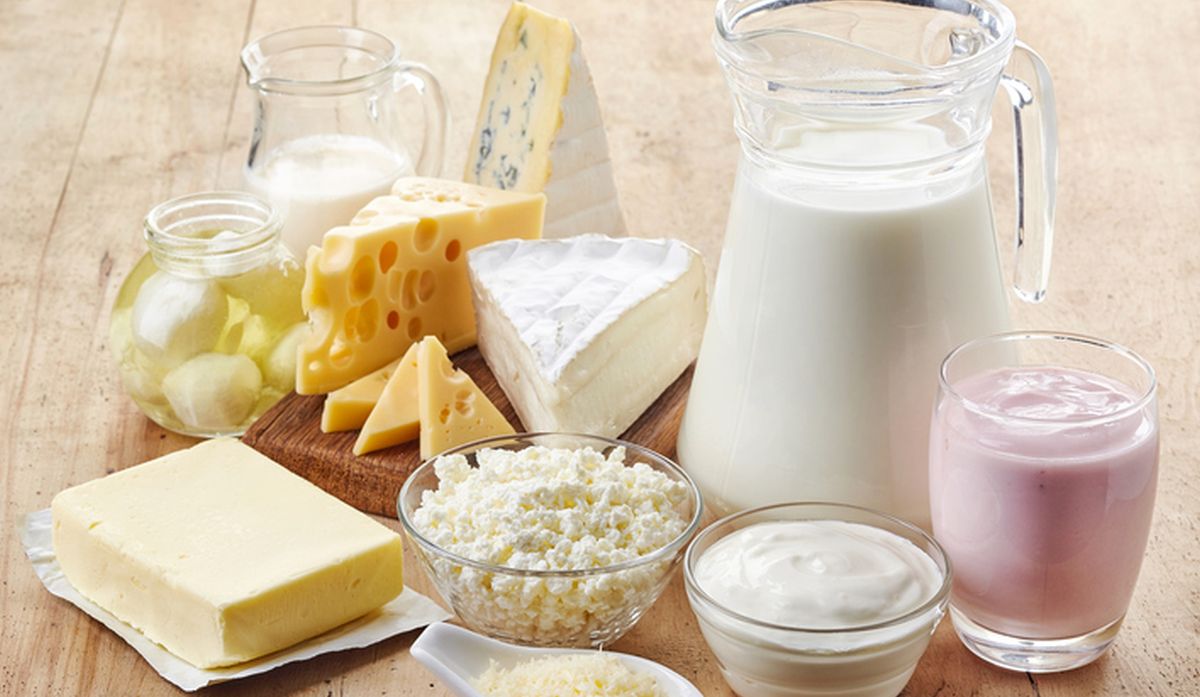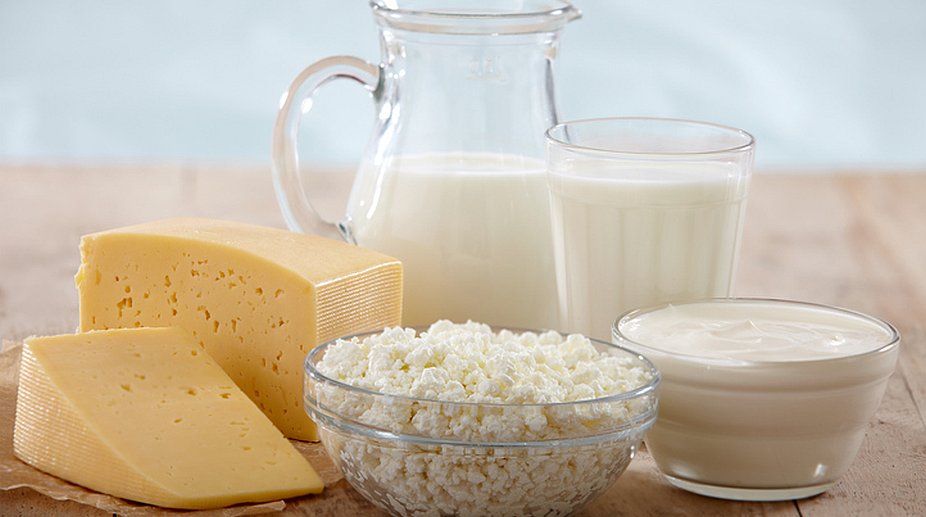Patanjali foot care: DIY Ayurvedic solutions
Discover effective DIY Ayurvedic foot care solutions from Patanjali for revitalized, healthy feet. Explore natural remedies and products for soft, supple soles.
Adding dairy to your daily diet helps you achieve a balanced diet as its a natural source of important nutrients such as Vitamin A, B12, D, carbohydrates, calcium, selenium, phosphorus, zinc, protein, magnesium, and riboflavin.

(Photo Source: Getty Images)
Adding dairy to your daily diet helps you achieve a balanced diet as its a natural source of important nutrients such as Vitamin A, B12, D, carbohydrates, calcium, selenium, phosphorus, zinc, protein, magnesium, and riboflavin. But is it good or bad for you?
There is a lot of confusion about dairy products with conflicted thoughts coming from around the globe. In such a scenario, it becomes pretty much obvious that anyone could be puzzled while putting dairy products in their shopping cart.
Here we are, dispelling all the myths regarding dairy and if it is good or bad for your health. Dairy products are highly nutritious as they contain all the essential proteins, fatty acids and all other micronutrients required by a human body.
Advertisement

But the nutrient composition varies in different dairy products. Adding dairy to your daily diet helps you achieve a balanced diet as it’s a natural source of important nutrients such as Vitamin A, B12, D, carbohydrates, calcium, selenium, phosphorus, zinc, protein, magnesium, and riboflavin.
Dairy is actually a super food as it aids bone health owing to its calcium content. It must be included in your diet plan as it lowers the risk of fractures and improves bone density. Let’s just not forget about other vital nutrients dairy contains other than calcium.
Most dairy products are also rich in vital proteins and phosphorus which are beneficial for bone health. In several studies, it has been proven that those who consumed dairy had less inflammation, less belly fat, lower triglycerides, and 62 per cent lower risk of type 2 diabetes.
A full glass of milk is loaded with vitamins A and B enabling good eyesight, increasing red blood cell in your body, potassium for proper nerve function, carbohydrates for vitality and energy, magnesium for muscular function, phosphorous for energy release, and proteins for body repair and growth.
Milk, when mixed with honey and used while bathing, gives a soft and beautiful texture to your skin. For thousands of years, this was a common remedy for a clearer complexion. Usage of milk has also been proven for treating dry skin, so in case you have a dry skin, apply milk on your face and leave it on for around 15 minutes and then wash it off with cold water.
Lactic acid content found in milk aids in removing dead skin cells, thereby rejuvenating your skin and keeping it fresh. Due to its rich content of vitamin A, it proves to be beneficial for enhancing the skin. The presence of anti-oxidants in milk helps in eliminating free radicals that are partially responsible for aging and wrinkles.
Here’s hoping that you’ve gained more clarity on the subject now. Opt for cow milk (low-fat milk) as opposed to buffalo milk (full-fat milk) as it leads to a rise in cholesterol levels and can cause acidity.
When it comes to dairy products, don’t banish them completely from your diet, rather be a little mindful about full-fat and low-fat dairy products while purchasing.
Advertisement